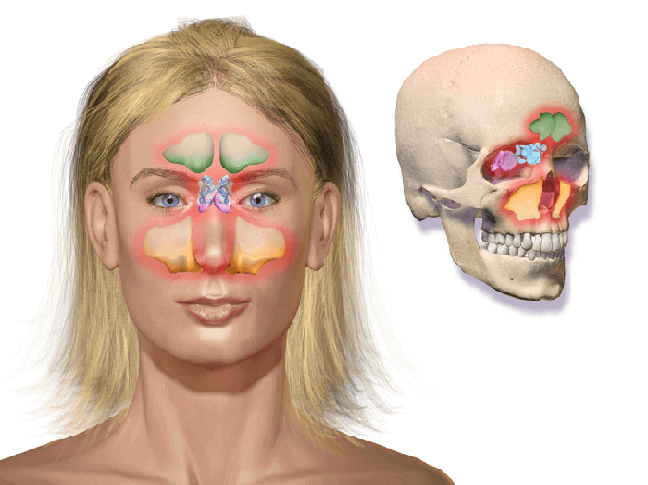 Even the name sounds intimidating—brain abscess. It can be an extremely serious condition and one that requires immediate medical treatment. But what, exactly, is a brain abscess and how does one develop? By learning a bit more about the causes, symptoms and treatments of a brain abscess, you can be aware of what to look for.
Even the name sounds intimidating—brain abscess. It can be an extremely serious condition and one that requires immediate medical treatment. But what, exactly, is a brain abscess and how does one develop? By learning a bit more about the causes, symptoms and treatments of a brain abscess, you can be aware of what to look for.
What Is a Brain Abscess?
When bacteria, fungi, or other pathogens enter the brain, a mass of macrobiotic organisms enclosed in a membrane can form around the infection. While this protective membrane forms to isolate the infection, it creates swelling in the brain.
How Do Pathogens Get in the Brain?
Usually, the bacteria and fungi enter the brain through the bloodstream as the result of an infection elsewhere in the body. Between 20% and 50% of the incidents of brain abscesses are caused by other infections. Lung and heart infections seem to be the most common sources of the pathogens, but sinusitis (sinus infection), as well as ear and tooth infections, can also release bacteria into the bloodstream. The good news is studies have shown that brain abscess from sinus infection is on the decline with only 21% of reported health institution cases citing sinus infection as the source.
Infections in other parts of the body are not the only source of pathogens. Direct head trauma from an injury or surgery can also introduce bacteria or fungi into the brain.
What Are Sinus Infection and Brain Abscess Symptoms?
If you have a sinus infection, you will likely feel facial pressure, nasal congestion and a loss of smell. Your cheeks and forehead could be very sensitive to touch and you might have a thick nasal discharge.
But how can you tell if a sinus infection has spread to your brain? Be alert for the signs of an abscess. While the symptoms of brain abscesses vary among patients, general indicators include:
- Headaches
- Confusion
- Seizures
- Fever and chills
- Fatigue
- Diminished sensation
- Loss of coordination or delayed response
- Visual impairment
- Speech difficulties
- Lack of focus
- Vomiting
- Stiff neck
There is a range of symptoms because the size and location of the abscess will create a different impact on the brain’s functions. Most patients report a dull, sub-acute headache, which occurs periodically. The pain threshold increases as the brain inflammation grows in size. Eventually, the abscess may cause tiny blood vessels in the brain to rupture causing symptoms reminiscent of meningitis.
It is important to seek professional medical assistance if you suspect you have a sinus infection. One of the key preventative steps for brain abscesses is to treat the underlying infection before the infection can spread. Be sure to follow the doctor’s instructions, including completing the entire course of any antibiotics you may be prescribed. Even if you start to feel better, the medication sometimes needs longer to fight the underlying infection.
Treatment Options for Brain Abscesses
Brain abscesses are diagnosed through a series of tests including neurological exams, scans, and X-rays. If an abscess is detected, the person will need to stay in the hospital for treatment and monitoring. This is a serious condition that can change rapidly.
Depending on the size of the abscess, treatment could be medication to address the infection and shrink the abscess. If the abscess is deep or it does not respond to medication, surgery may also be required.
Remember to get immediate medical treatment if you, or someone you know, experience symptoms of a brain abscess. Don’t let a sinus infection develop into something worse. Visit your doctor to get the medical attention you need.
Choose the Expert in Sinus Treatment
Dr. Nguyen is a national expert in ear, nose and throat (ENT) treatment and is responsible for perfecting innovative and effective treatments like balloon sinuplasty. For more than 15 years, he has been helping people seek relief from their nasal and sinus conditions. Let Houston Sinus and Allergy use the newest technology and our vast experience to customize a solution for your nose and sinuses.
You can reach us by calling (832) 237-7777, or fill out the form at the top of the page to book an assessment to start feeling better!
